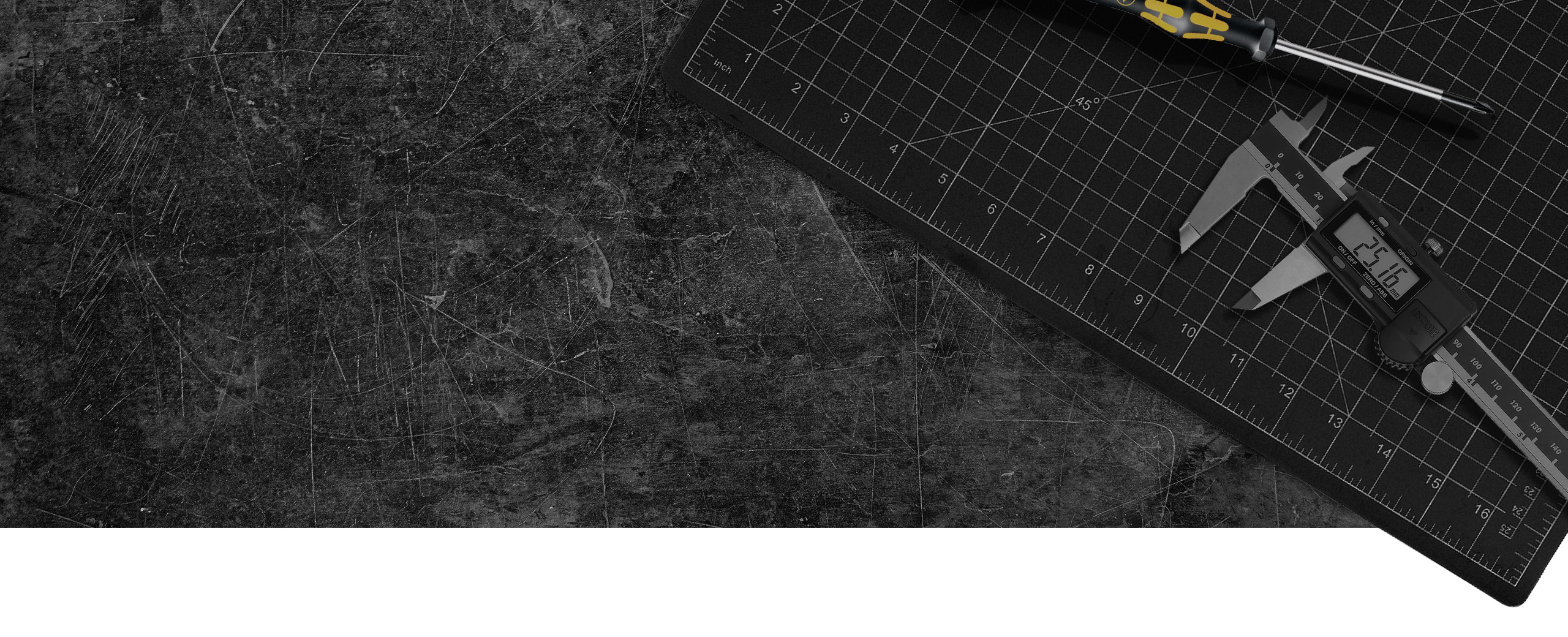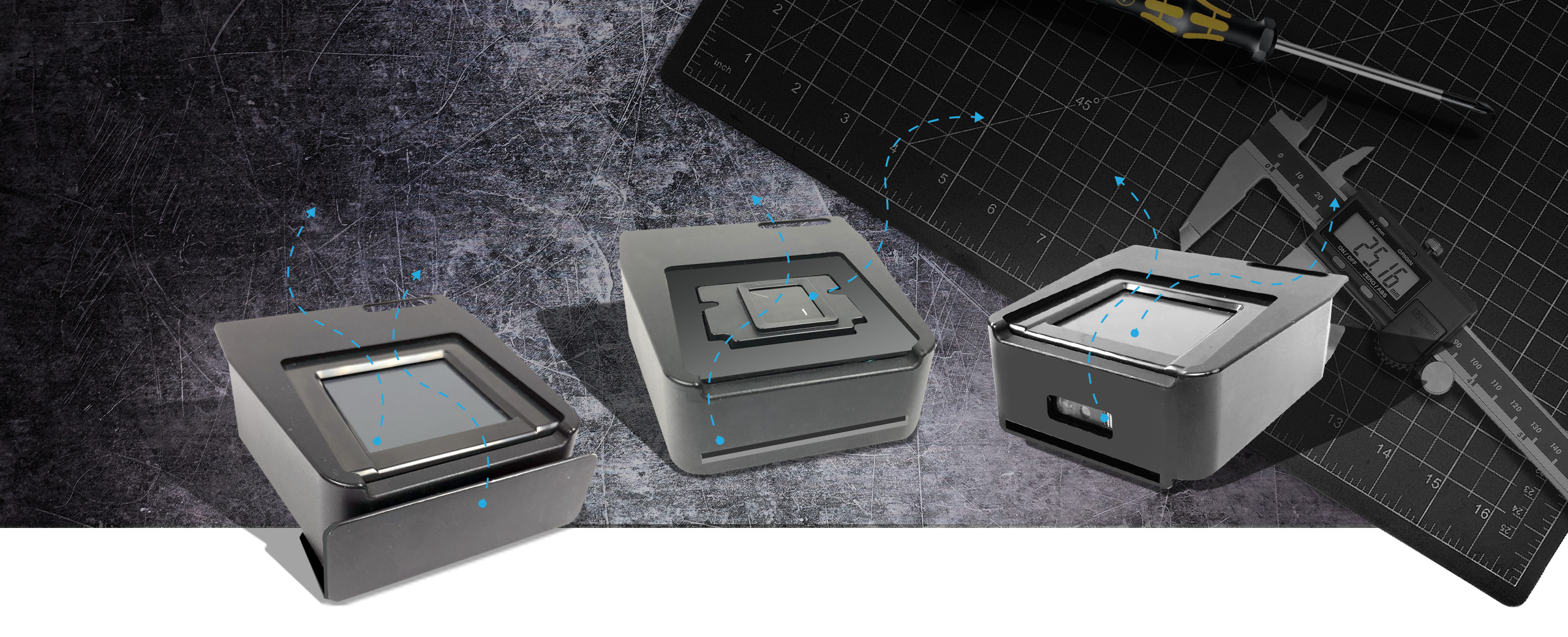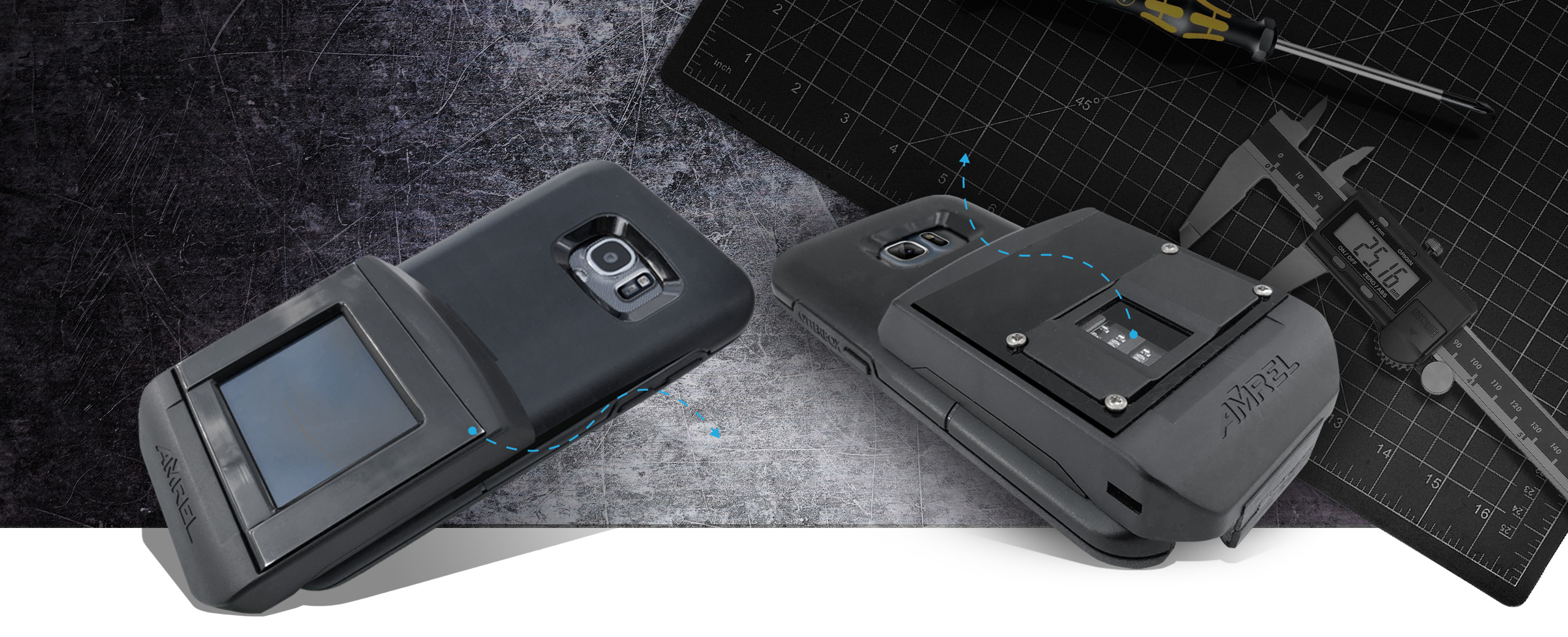 Thinking of buying tablets for your construction business? Here are 5 things you should consider before you lay your money down.
Thinking of buying tablets for your construction business? Here are 5 things you should consider before you lay your money down.
1) Do you really need a tablet, rather than just keep on using paper and pencils? This is probably a no brainer, since the advantages of tablets are so clear:
- Save time by entering data once. No more transferring handwritten information to a computer
- Improved communications. Fewer telephone calls to the home office since workers can make requests from the worksite.
- Greater efficiency. Workers can bring virtually the information they need with them. No more rushing back to the office for that one diagram someone forgot to bring.
- Decreased paper work and printing costs. Over the long run, this and other advantages more than compensates for the cost of the tablet itself.
About the only disadvantage tablet has over the traditional paper and pen method is the learning curve, i.e. it takes time and effort for the workers to learn how to use them and for the organization to adapt. However, this initial inconvenience is overwhelmed by the eventual benefits.
2) Should you buy a rugged device? Traditionally, there are two downsides to a rugged device; expense and bulk, but both of these disadvantages are rapidly disappearing. A report by VDC Research demonstrated that in the long run, rugged computers save money. Fewer downtimes, less lost data, and less lost work more than make up for the higher initial cost. This is especially important on a construction site, where work can grind to a halt due to a cracked screen. In addition, rugged computer developers have made a lot of progress in reducing the size and weight of their products. Even rugged laptops have gotten smaller. For example, the ROCKY RS11 rugged laptop is only an inch thick.
3) How can I tell if it is rugged? This can be difficult. There is no regulatory agency that determines “ruggedness.” In theory, I could stick a power supply on a banana and call it a rugged computer. Some unscrupulous computer manufacturers claim ruggedness, or invent marketing terms, such as “semi-rugged,” or “business rugged,” when the only things their products have in common with their more durable cousins is the higher price. To be certain, only buy rugged computers that have been independently certified to MIL-STD 810, the military standard for environmental ruggedness.
4) Should you buy a laptop or tablet? Tablets are more mobile (smaller form factor), have quicker boot-up times, and all the cool kids use them. Laptops have a keyboard (good for quick onsite reports), more powerful processors, and your Dad uses one. However, the single most important difference is the size of the screens. When scoping out a minute detail on a blueprint, or trying to get an overall sense of a project, nothing beats a big screen. Sometimes your Dad is right.
One laptop that has been popular with AMREL’s construction clients is the ROCKY RF10. Its 17-inch display is the largest on the rugged laptop market. For folks who want a laptop with a minimal footprint there is the ROCKY RS11, which is the thinnest, lightest rugged laptop in the world.
However, if you do decide to get a rugged tablet, you can get one that easily runs full Windows. Both the 8.4” ROCKY DR10 and 12” ROCKY DK10 tablets have speedy i7 processors. If you are ambivalent, you can get a ROCKY DT10 tablet, which has a built-in keyboard, or even a convertible, such as the U12CI.
5) Batteries. Everyone runs low on battery power. Find out if your rugged computer has an option for a second battery.
There are other issues, such as customization and End of Life, but if you can answer the 5 above questions, you’re ready to get started.
For more information, please contact Javier Camarillo, AMREL’s Senior Application Engineer at (800) 882-6735 or javierc@amrel.com






